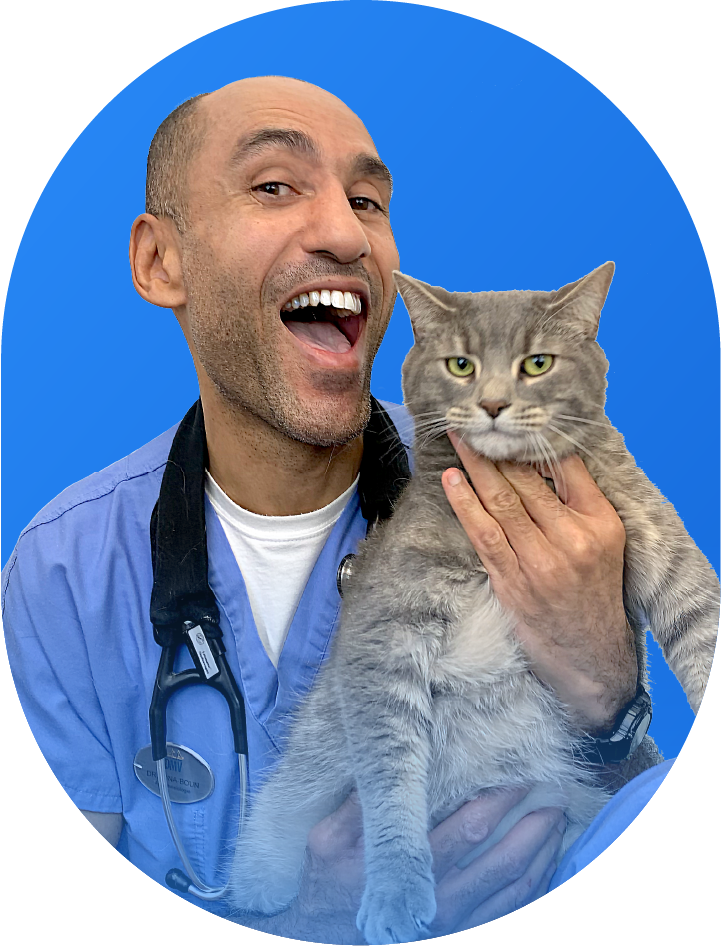Veterinary anesthesiology – Safety and comfort for every procedure
Introduction
Veterinary anesthesiology is an essential discipline for ensuring the safety and well-being of animals requiring medical or surgical intervention. Each anesthesia represents a unique challenge, especially for patients suffering from underlying pathologies or requiring complex procedures.
At CENTREDMVET, we apply individualized protocols and use state-of-the-art equipment to continuously monitor vital functions and adjust anesthetic parameters in real time. Our technologies include :
✔ Electrocardiography (ECG): Monitoring of cardiac rhythm
✔ Capnometry: Measurement of CO2 to assess pulmonary ventilation
✔ Pulse oximetry: Assessment of blood oxygenation
✔ Blood pressure monitoring: Control of cardiovascular parameters
✔ Thermometry: Continuous management of body temperature
✔ Controlled mechanical ventilation: Regulation of respiratory parameters according to patient needs
Thanks to this advanced, personalized monitoring approach, we reduce anesthetic risks and ensure rigorous pain control before, during and after the procedure.
Interdisciplinary collaboration and personalized follow-up
Our anesthesiologists work closely with the departments of surgery, intensive care and internal medicine to tailor each anesthetic protocol to the patient’s specific needs. Through continuous monitoring and proactive risk management, we optimize post-operative comfort and recovery.
Whether for a specialized procedure or emergency care, our anesthesiology department is dedicated to providing safe and appropriate care, always with respect for animal welfare.



